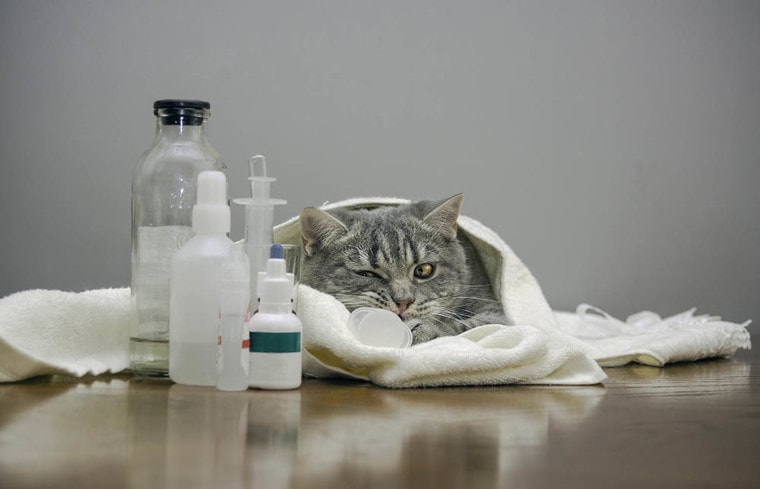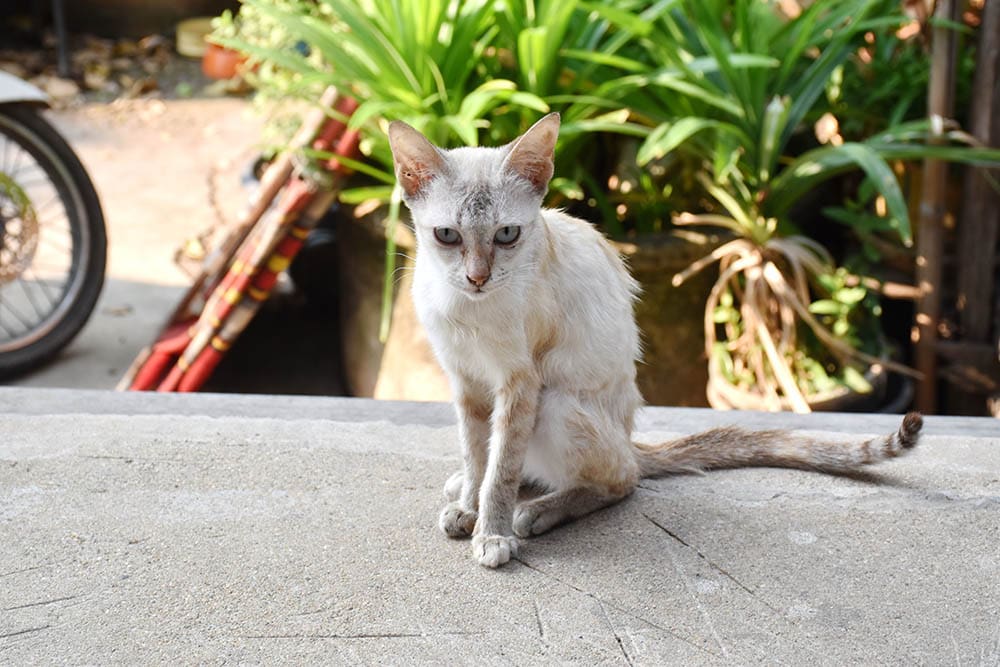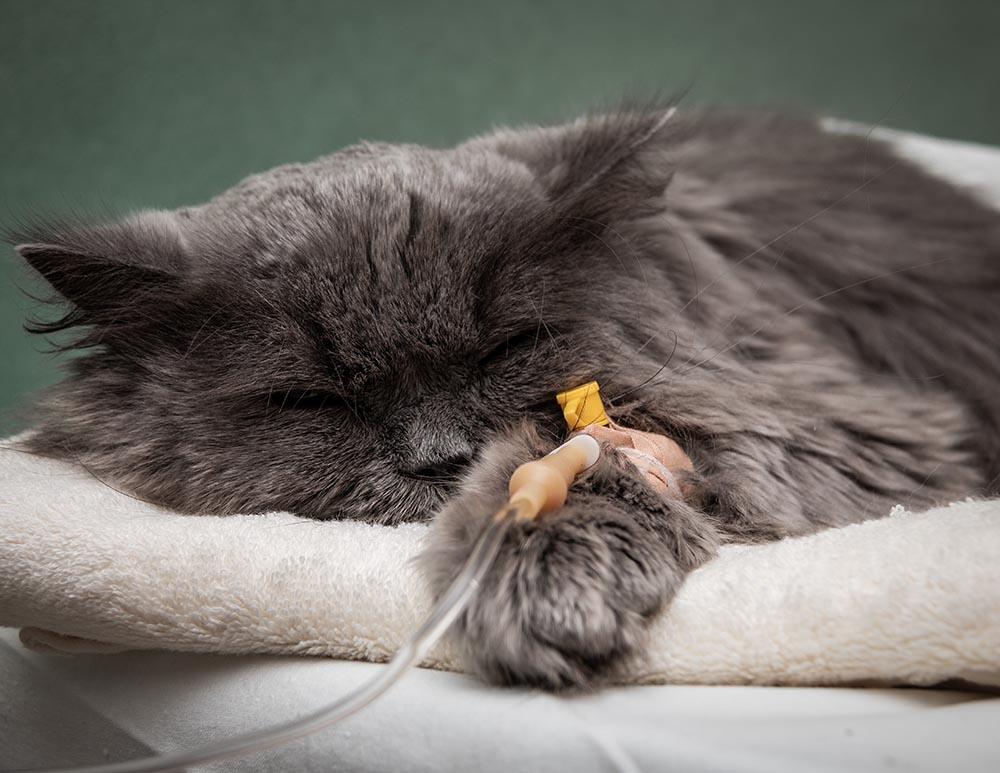
When you bring home your new pet cat, it becomes your responsibility to deal with any health concerns they might face. But just because you know it’s possible for them to get sick doesn’t mean you always expect that your cat can develop ongoing health issues.
If you have been concerned about some of your cat’s symptoms, you’re in the right place. We’ll go over several areas in which you might detect autoimmune diseases. However, the information we provide is in no way a substitute for veterinary guidance and examination. Always check with your vet if you suspect an autoimmune issue, or you just sense something is off with your cat.
The 3 Types of Autoimmune Disease in Cats
An autoimmune disease is a health issue that causes your cat’s body to attack its own healthy cells. It can affect almost every aspect of the body, presenting with different signs and requiring specific treatments.
1. Musculoskeletal
Musculoskeletal autoimmune diseases are those that attack the muscles, joints, and tendons.
2. Exocrine (Skin)
Exocrine autoimmune diseases are those that affect the skin. If your cat is symptomatic, your vet will likely perform a biopsy of the affected area for further examination.
3. Renal

Renal autoimmune disease directly affects your cat’s kidneys. To diagnose this disease, your cat would need a kidney biopsy. However, sometimes a urine sample is sufficient for detection.
Living with Autoimmune Diseases in Cats
Most of the time, caring for a cat with an autoimmune disease isn’t as hard as you think. There will always need to be adjustments made, and treatment will vary depending on the issue.
Autoimmune disease can influence diet and lifestyle—so you might have to make many changes initially. Depending on the price you’re paying for supplements, meals, medications, and more, it can be quite the budget adjustment.
If you are struggling to keep up with the continual costs associated with care, take a look at our tips for caring for an ill cat on a budget.

Look for Lower cost, but Quality Care Vetting
Once your cat develops an ongoing health issue, your current vet might have astronomical rates you can’t or don’t want to afford regularly. Sure, a set of shots here and there are fine, but this vet might have treatment costs that are simply unaffordable.
Ask your veterinarian about discounts on the cost of care or medications. If you have to shop around for rates, you can mull over your options before committing to a treatment plan at your current practice.
Many privately-owned vet companies offer competitive rates, and you can find some terrific health care. Also, shelters and rescues do offer many vet health services to people for lower costs. If you look around at local facilities, you might be able to land a more economical option.
Autoship Prescription Options
If you have products that you’ll need to order continually for the management treatment of your cat’s disease. You won’t have to shop all the time or forget about it when it’s already set up for you. Plus, you usually can get a discount when you sign up for auto-renew subscriptions on sites like Amazon and Chewy.
Health Insurance
With more focus on pet healthcare in recent years, pet insurance is growing in popularity. Now more than ever, more companies are hopping on board to offer owners competitive plans.
You can find a pet insurance plan that works best for you by looking at available options. Some companies that offer comprehensive plans for cats include:

Animal Surrender
Sometimes, these issues pop up at the worst moments when you’re just not ready mentally or financially. As much as you try to juggle the cost of living with pet care, specific autoimmune disease treatments may incur expenses you simply can’t take on.
When this happens, you will face a pretty tough choice. When falling on hard times, shelters and rescues have plenty of resources to potentially help you with pet care. But for the wellbeing of your animal, you might have to consider animal surrender.
Sometimes, you might be able to find a foster that could take the animal until you are in better financial standing. Other times, you might have to give up your cat to ensure they get proper medical care.
This circumstance is rare. If you have the means to care for your pet, you should always choose that route. Remember, autoimmune diseases are highly treatable in most cases. Exhaust every avenue before considering animal surrender.
Conclusion
Finding out your cat has an autoimmune disease will definitely change the course of things. But it doesn’t have to be such a stressor, as you can get an effective diagnosis and treatment depending on your cat’s unique and very individual case.
If you suspect your cat has an autoimmune disease, make an appointment with your veterinarian.
- See also: 13 Pet Adoption & Shelter Statistics
Featured Image Credit: Anna Nikonorova, Shutterstock








